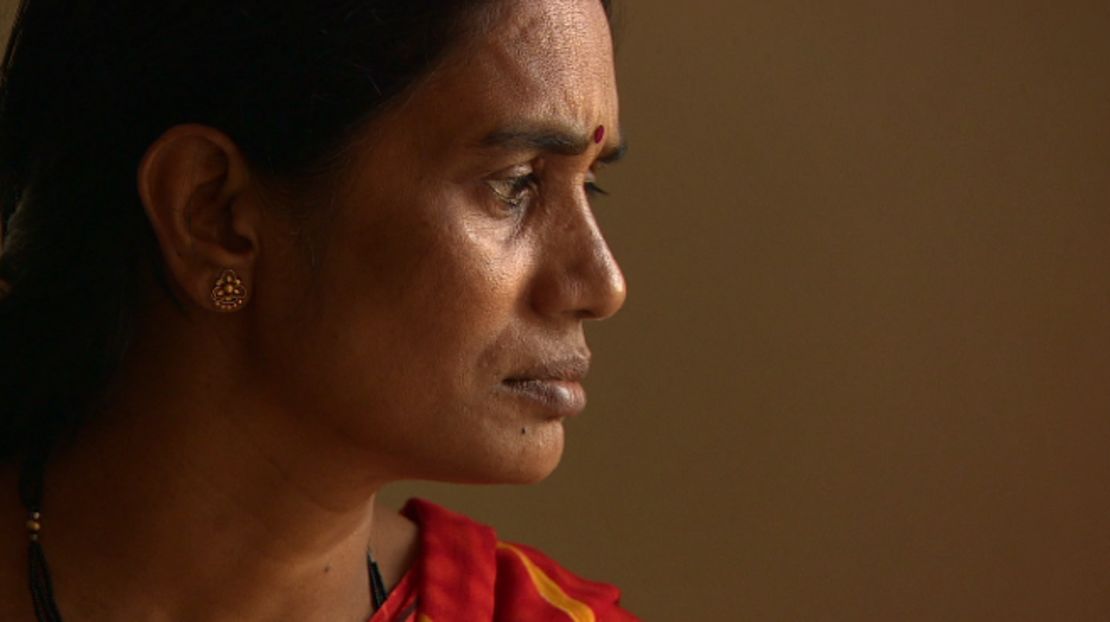The Supreme Court rejected the petition for clemency filed by three of the convicts in the infamous gang rape that took place in New Delhi in 2012.
The incident that shocked the country six years ago came to a conclusion today with the mother of the victim (also known as Nirbhaya, which means fearless) thanking the Supreme Court for justice, even though it was delayed.
“Till they are hanged, she and other girls won’t get justice. Not just Nirbhaya, other girls in this country should get justice,” said Asha Devi, the victim’s mother.
Three of the convicts, Vinay Sharma, Pawan Gupta and Mukesh Singh had filed a clemency plea with the Supreme Court last year. The fourth death-row convict, Akshay Thakur is expected to file his review petition next week with the court.

The defense lawyer for two of the petitioners, A.P., Singh insisted that his clients had cause for filing a curative petition. A curative petition is the final legal recourse that can be filed if the defense counsel can show discrepancy in the judgment.
Singh said there was no merit in the conviction, which he blamed on media pressure and public sentiment.
The four men had been convicted and sentenced to death by the Delhi High Court in 2013 but had approached the Supreme Court appealing that decision. The Supreme Court had upheld the lower court’s judgment in May 2017.
During the course of the trial, one of the perpetrators, Ram Singh, had committed suicide in prison in 2013. Another attacker was ruled to be a juvenile and was sentenced to three years in juvenile detention.
Incident
On the evening of December 16, 2012, the victim and a male friend were heading home from a South Delhi movie theater after watching the movie, “Life of Pi.”
They boarded a private bus and within a few minutes were accosted by the men travelling in the bus alongside them.
Six men separated the victims and the woman was taken to the rear of the bus and repeatedly raped. The male friend was incapacitated and beaten with iron rods.
According to the police, the men took turns raping the woman and beat her with an iron rod as they drove around the city.
The ordeal lasted for half an hour and the two were thrown from the bus and left on the side of the road. A police patrol vehicle found them and immediately took them to a hospital.
The woman’s injuries were severe, and several internal organs were damaged. Eleven days later, she was transported to Singapore for further treatment and died on December 29, 2012, of multiple organ failure.
Outrage
The rape of the 23-year-old student had shaken the national capital and within days resulted in massive protests across the country. Thousands of people stormed the streets demanding safety for women and justice for the victim.
The protests led to tighter laws. Capital punishment was introduced in the “rarest of rare” rape cases. Punishment for offenses like stalking, molestation and sexual harassment was raised.
India now
The tightening of laws has not resulted in much change in the crime statistics. In 2016, according to the National Crime Records Bureau, the total number of rape cases registered across the country was over 55,000.
In April, protests broke out again in India over the rape of an 8-year-old girl in Jammu. The lifeless body of the girl, who was drugged and gang-raped in January by eight men, was found five days after she disappeared in January.
The incident pushed the Indian government to frame a temporary law that awards capital punishment to rapists of minor girls or for those accused in gang rapes.
The eight men are currently on trial for the rape and murder of a minor.
